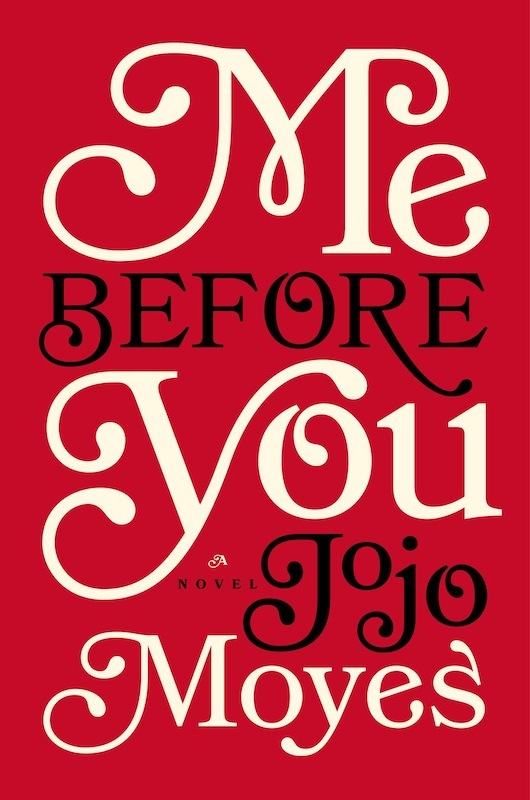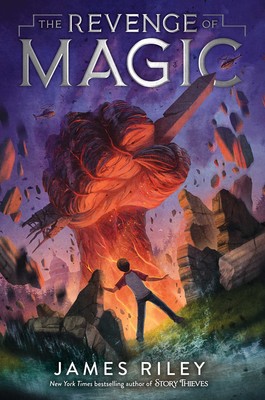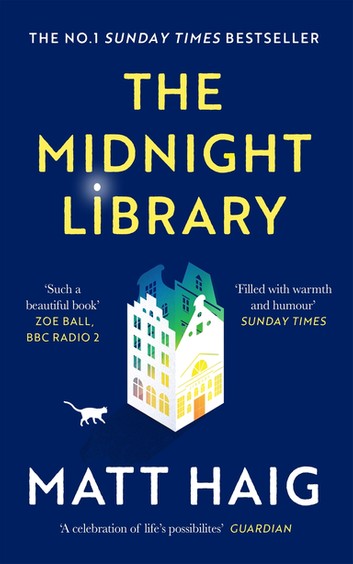[button color=”black” size=”big” link=”http://affiliates.abebooks.com/c/99844/77798/2029?u=http%3A%2F%2Fwww.abebooks.com%2Fservlet%2FSearchResults%3Fisbn%3D9780545726078″ target=”blank” ]Purchase here[/button]
Playing a Part by Daria Wilke claims to be the first Russian-language young adult novel to be translated and published in English, and there could hardly be a more timely topic for the book to address—the coming of age of a young gay man in Moscow.
The book tells the story of Grisha, a Russian teenager who lives at the puppet theater where his parents are actors. In many ways, it’s an odd little story, dealing not only with his experiences being picked on by his classmates at school but also with Grisha’s observations about life within the theater, including the forced retirement of Lyolik, the puppet master, and the impending departure of Sam, a gay actor in the theater company, from Moscow.
Full disclosure, I spent a good deal of my time in college constructing puppets in my university’s theater department, so for me, the inside glimpse into Grisha’s world was fascinating. I loved reading his descriptions of life backstage, of the puppet workshop—everything. Wilke brings that world alive in vivid detail, and rightly so since she grew up in a family of puppeteers.
I think many American readers will find that the book as a whole reads much more like what we would expect of a middle grade novel rather than a YA one, full of very simple (though lovely) sentences. Add in Grisha’s rather childlike wonder at the world around him and his struggle to cope with taunting at school, and I do think some older kids might lose patience with the novel. If we take it as a book for 10-12-year-olds rather than young teenagers, it is a striking success.
Unsurprisingly, much of the book will feel foreign to many of its stateside readers, not only stylistically but also in the way Grisha reacts to situations and the way that his problems are resolved. Without revealing too much, I will say that the ultimate resolution of Grisha’s school bullying is something that would not appear in a US novel—not because it is inappropriate but because it’s not how we’re used to seeing those conflicts resolved. I think this is a strength of the book rather than a weakness since it serves not only to tell a story but also as cultural immersion.
I can see Playing a Part being a useful tool for classroom discussion for younger children, and I highly recommend it to anyone looking for a contemporary take on young LGBTQ life in Russia.



